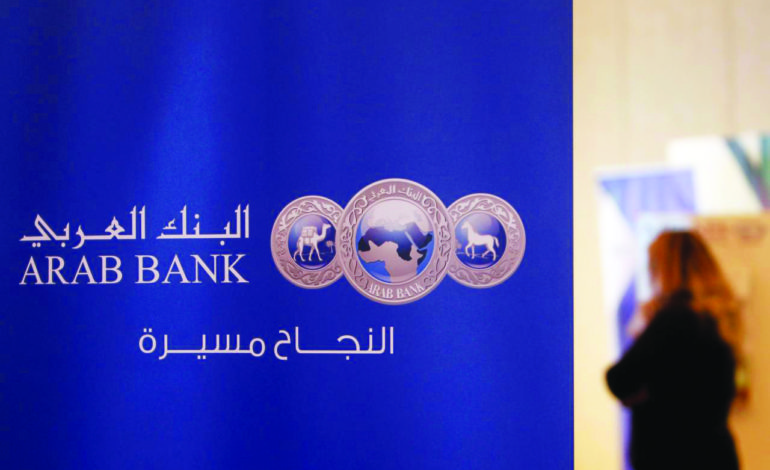WASHINGTON, D.C. — Foreign corporations cannot be sued in American courts for human rights abuses committed overseas, the Supreme Court ruled on Tuesday, refusing to revive a lawsuit claiming Jordan-based Arab Bank helped finance militant attacks in Israel and the Palestinian territories.
The 5-4 decision ended a lawsuit by some 6,000 non-U.S. citizen plaintiffs, including survivors and relatives of people killed in attacks, filed under a 1789 U.S. law called the Alien Tort Statute that accused Arab Bank of being the “paymaster” to militant groups.
The court ruled along ideological lines, with its five conservatives in the majority and its four liberal justices dissenting.
Conservative Justice Anthony Kennedy, writing for the court, said the “relatively minor connection between the terrorist attacks at issue in this case and the alleged conduct in the United States” illustrates the problems of extending liability to foreign corporations.
The ruling marked the second time in five years the Supreme Court curbed the ability of plaintiffs to sue corporations in U.S. courts under the Alien Tort Statute for overseas human rights violations. Other foreign-based companies that have faced such suits include Royal Dutch Shell, Nestle and Daimler.
The plaintiffs accused Arab Bank of deliberately financing terrorism, including suicide bombings and other attacks. They said Arab Bank used its New York branch to transfer money that helped Hamas and other Islamist militant groups fund attacks and reward perpetrators’ families between 1995 and 2005.
Arab Bank said in court papers the U.S. government has called it a constructive partner in fighting terrorism financing.
In a separate case involving U.S. citizens brought under a different law, a New York jury in 2014 found Arab Bank liable for facilitating two dozen militant attacks in Israel. That ruling was overturned on appeal in January.






Leave a Reply